We have previously featured some amazing results of his hard work, which you can check out in our previousBored Pandapost, where we gave more detail aboutDavid’s efforts and the general situation of stray dogs in Chile.
We also reached out to David Fernández himself, so make sure to read our interview.
More info:Facebook
This post may includeaffiliate links.
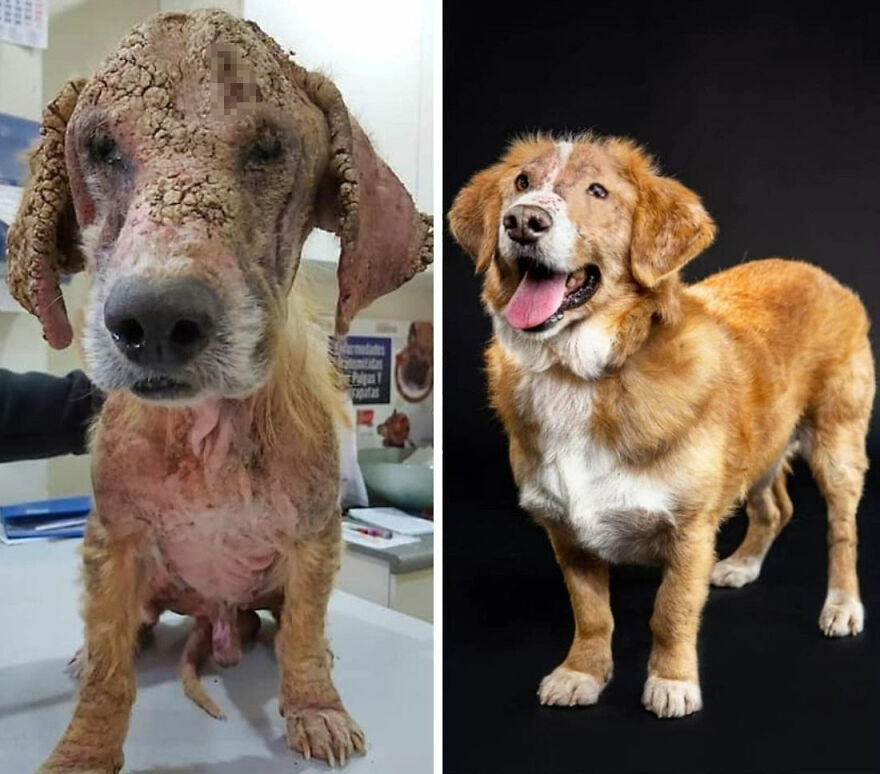
As mentioned before, we contacted David again and asked him a couple of questions regarding his mission of helping dogs in need. We wanted to know what initially inspired him to start rescuing strays living on the streets of Santiago, Chile. Fernández told us: “What inspired me to rescue dogs was the terrible situation in which they find themselves. It is traumatic to see that abandonment is practically normal on the streets of Chile and in the conditions in which they are found.”
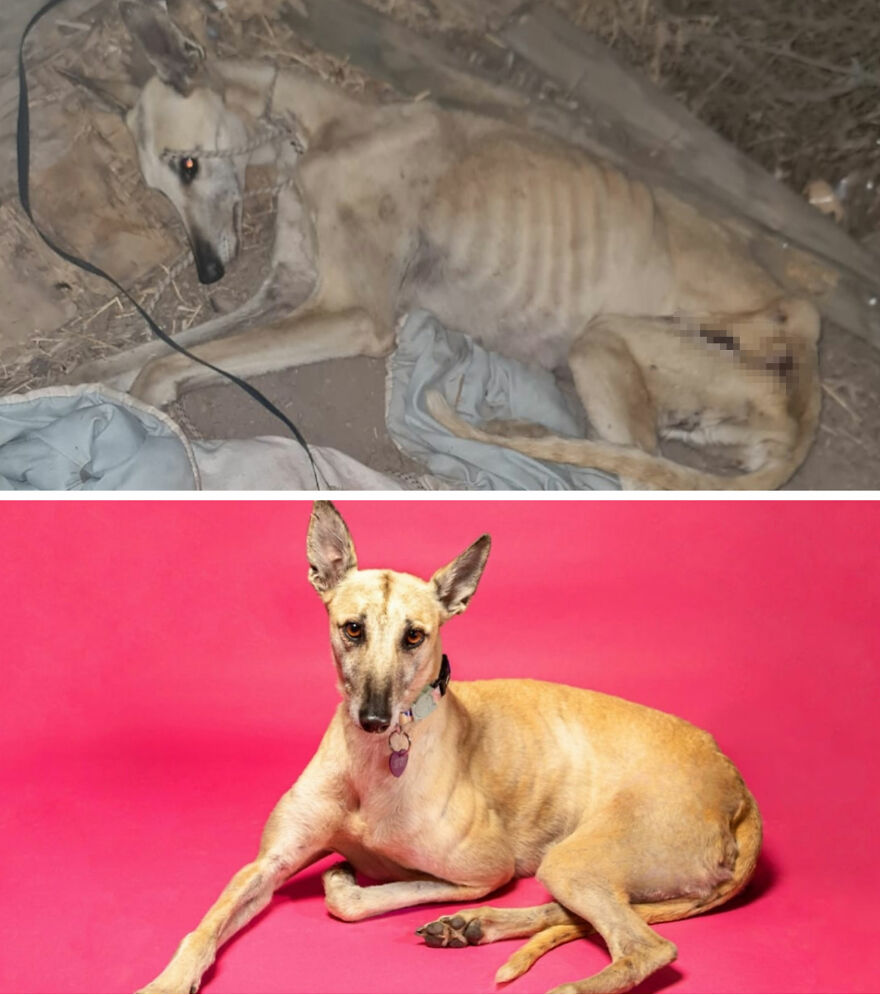
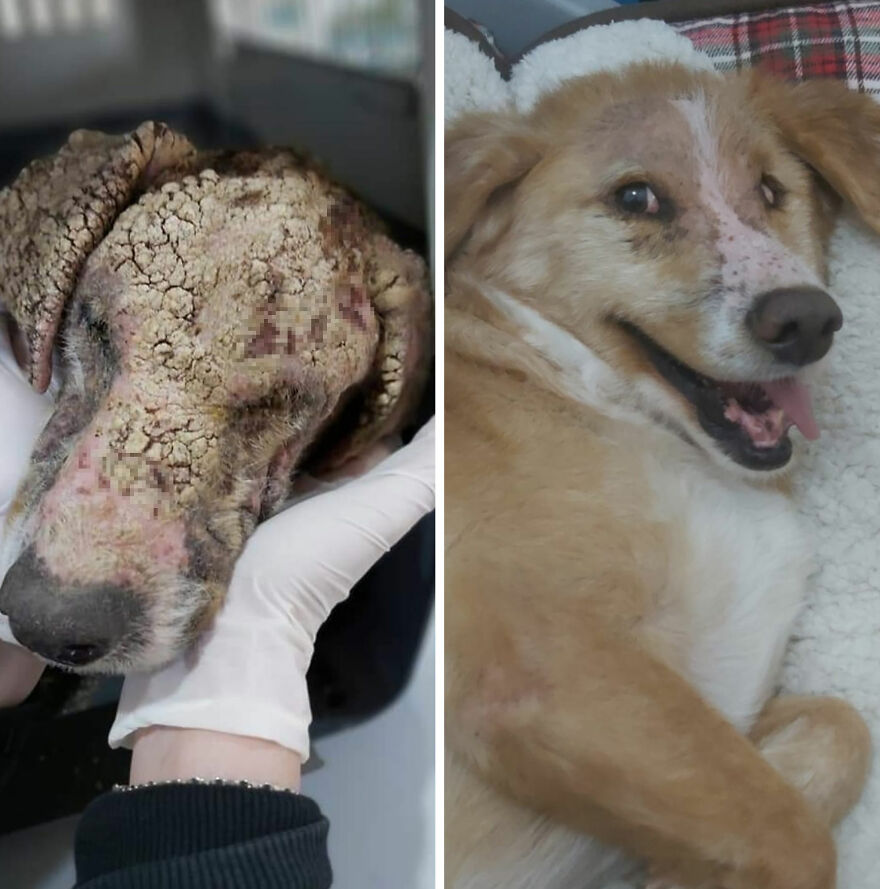
Santiago, Chile, has a significant population of stray dogs. We were wondering what challenges these dogs face and David explained: “Santiago de Chile is the ‘cradle’ of animal abuse and reflects the country’s underdevelopment and lack of a responsible pet ownership culture. The primary challenges for authorities include directing resources towards promoting adoption, with a strong emphasis on responsible adoption. In Chile, it’s common to see organizations near shopping centers ‘giving away’ dogs without sufficient screening to ensure the animals' future well-being. The metropolitan region faces a significant task in promoting widespread and systematic sterilization, fostering adoption, and implementing educational programs about the genuine responsibilities of dog ownership.”
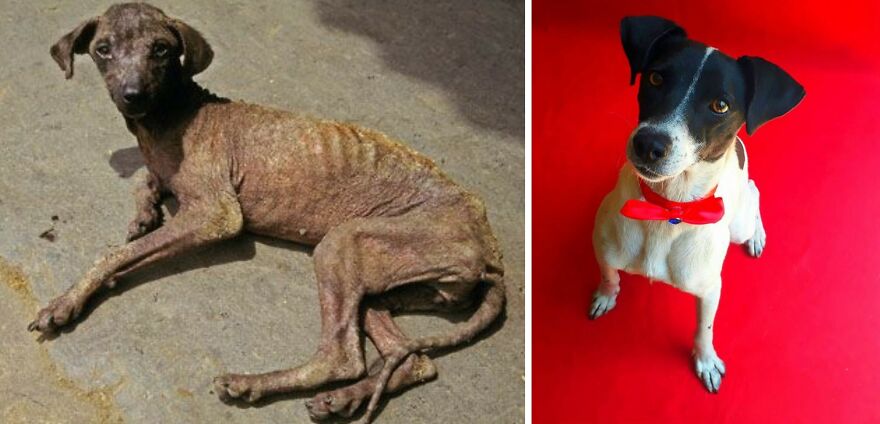
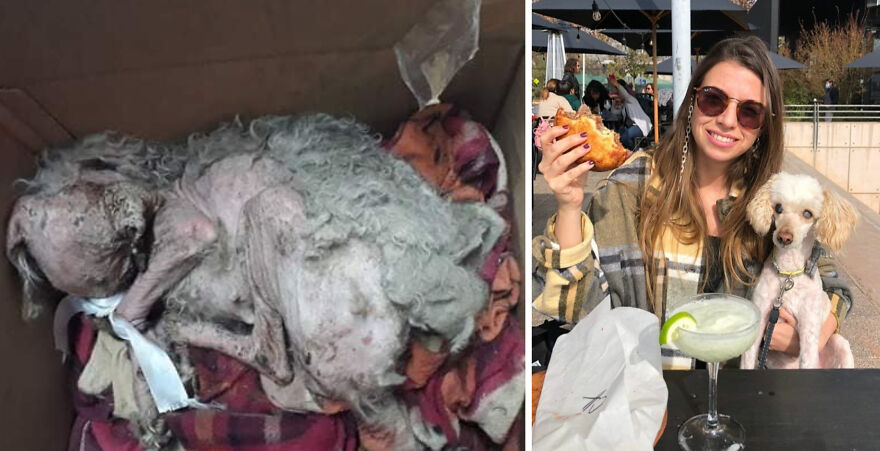
Many of the dogs Fernández rescues suffer from serious illnesses such as mange and injuries. We asked David what typical process he follows to provide them with the care they need. He said: “The process required to rescue a severely mangy and injured dog is a meticulous and gradual one, aimed at preventing further deterioration. It typically spans approximately three months of intense effort. In each case, the process involves a series of steps, including sanitary baths, wound cleaning, and psychological treatments to facilitate social reintegration, among others.”
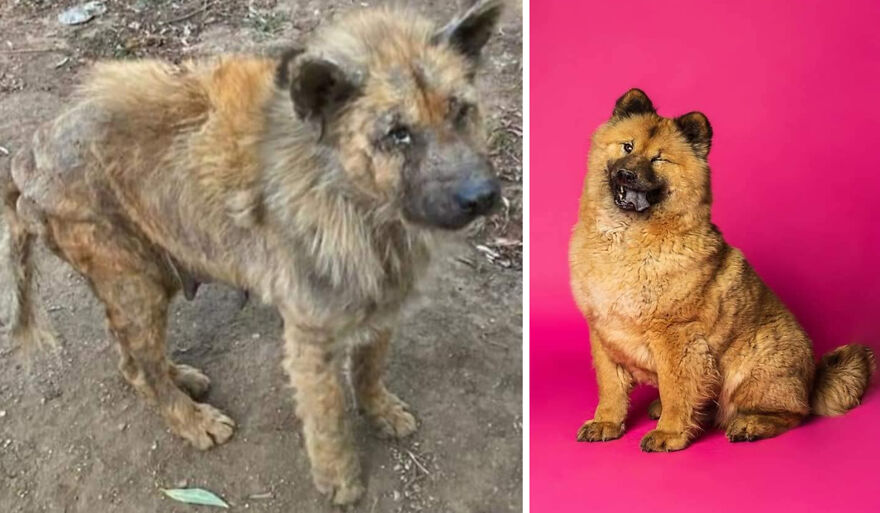
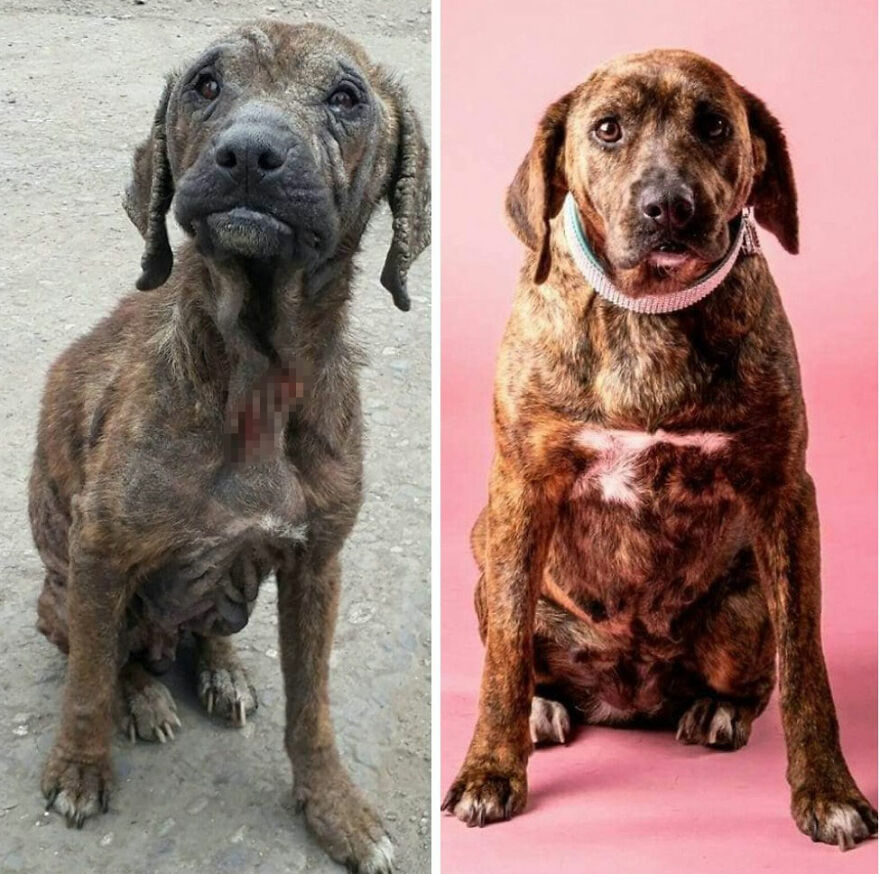
David’s work not only transforms the lives of individual dogs but also contributes to broader awareness of animal welfare. We were curious to find out how his efforts impact the community’s perspective on animal and stray care. Fernández told us: “My efforts to raise social awareness about responsible dog care have yielded little validation. Over the years, I’ve felt that despite my consistent efforts, there has been no discernible progress in our society. On the contrary, month after month, day after day, year after year, I witness an increasing number of dogs suffering from abuse. It feels like a never-ending and vicious cycle.”
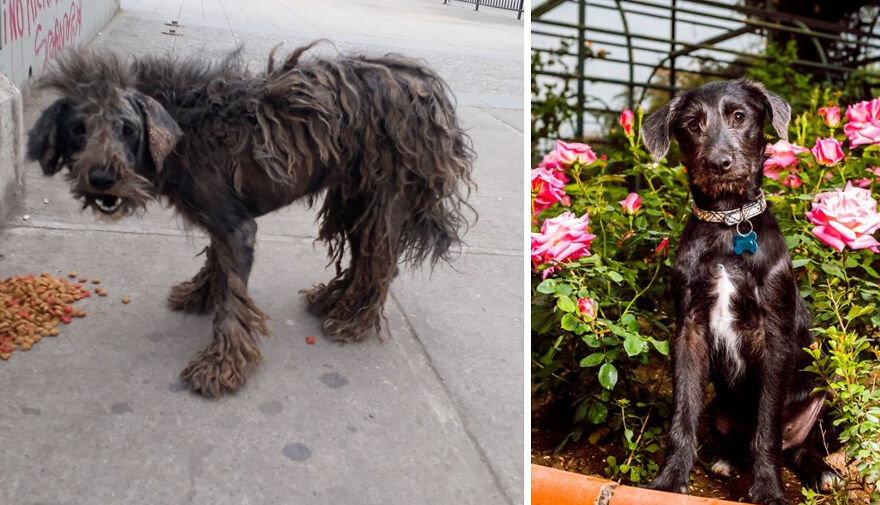
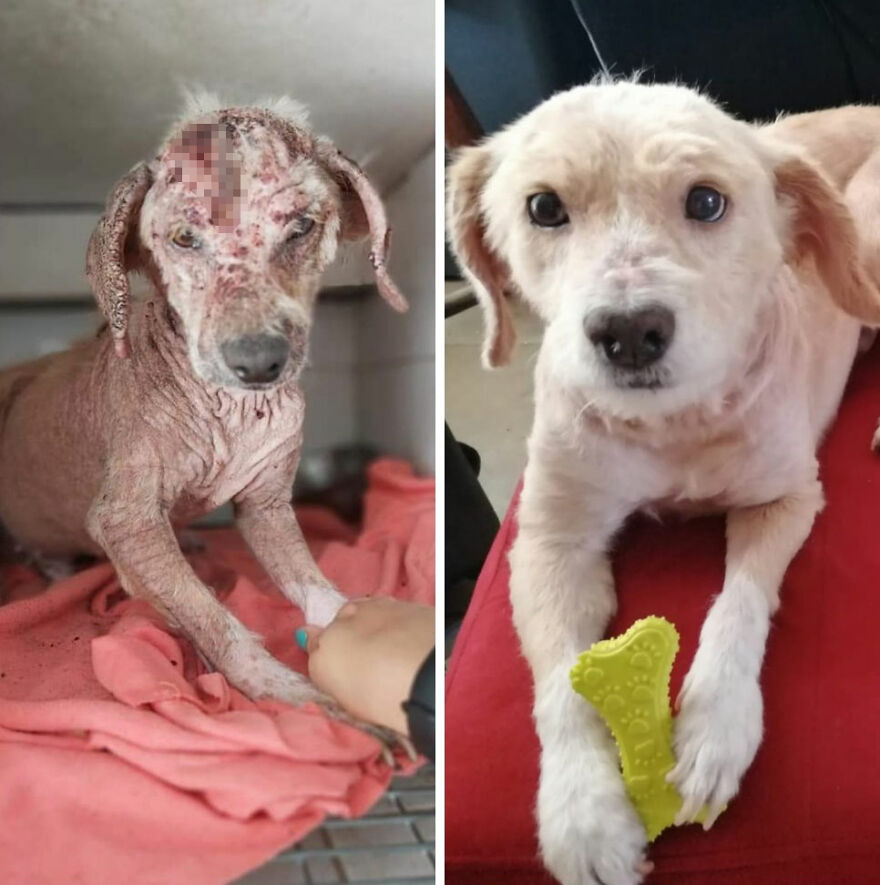
Finally, he explained what changes would be necessary to achieve results and reduce the number of abused dogs: “There is a deficiency in effective laws for the protection of animals. Presently, we have a law that, in practice, doesn’t function effectively, allowing animal abusers to go unpunished. The challenge lies in the proper allocation of available resources; while the resources exist, the issue lies in the lack of a suitable process for their allocation.”
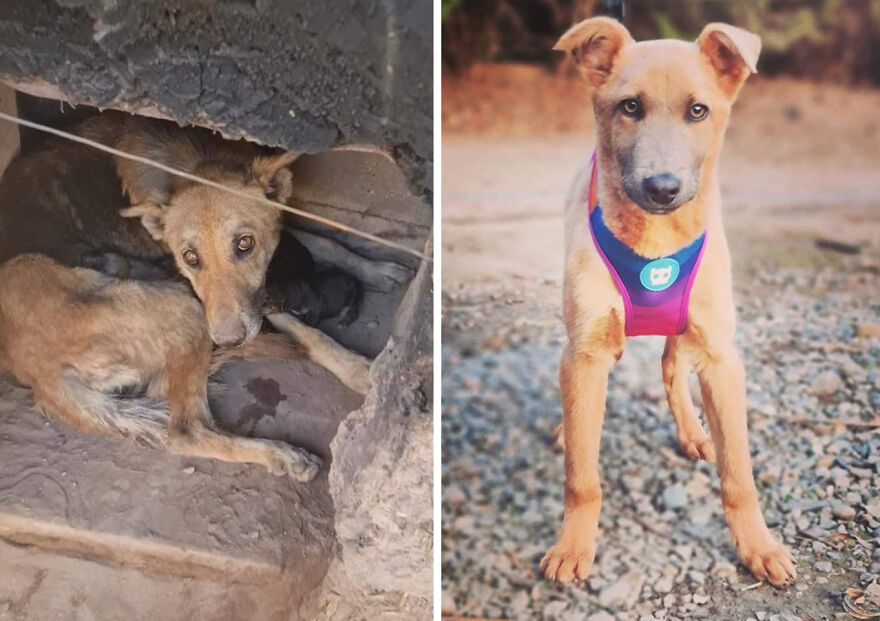
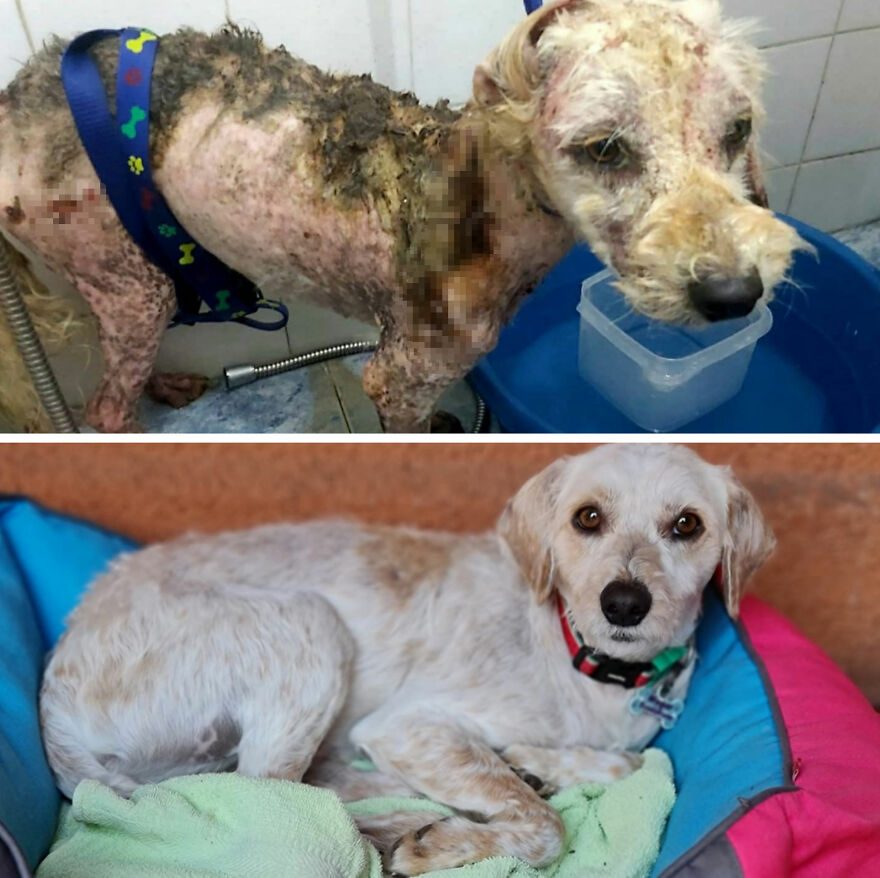
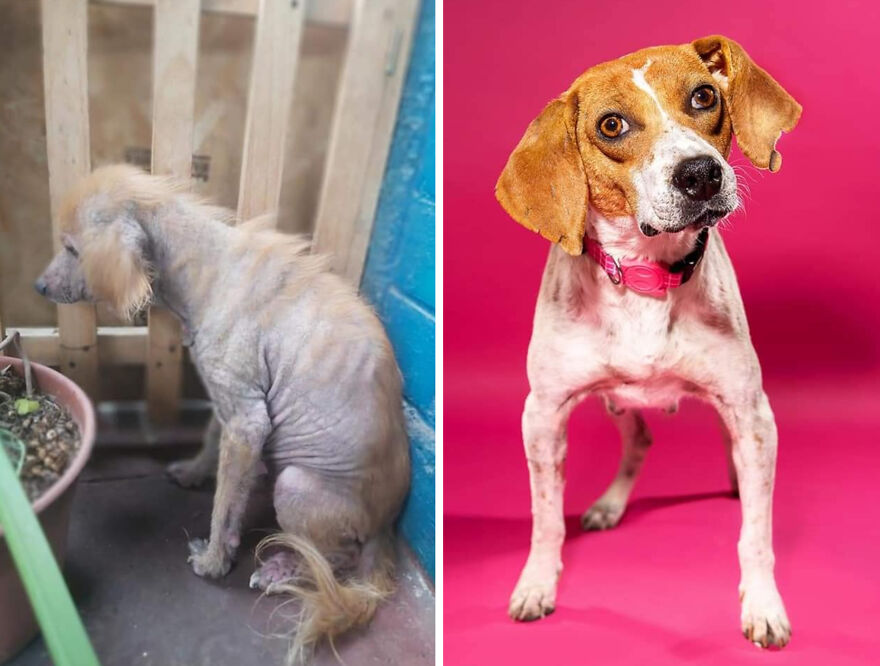
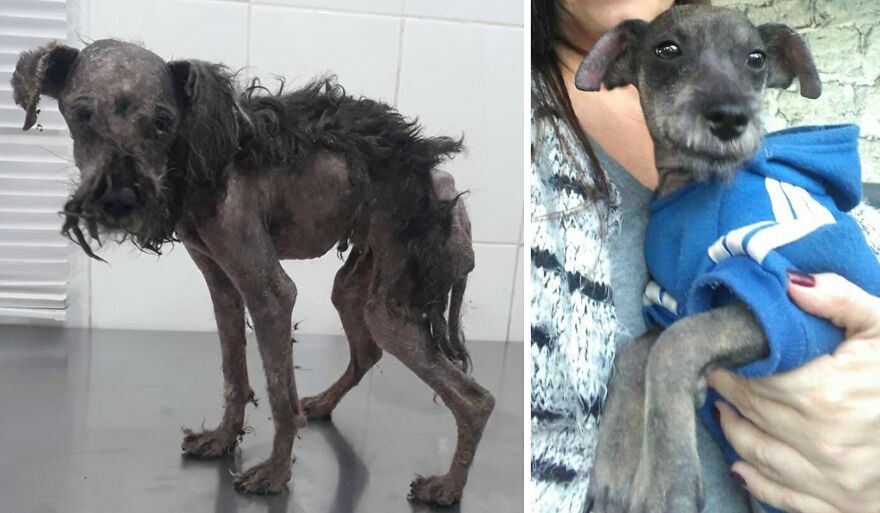
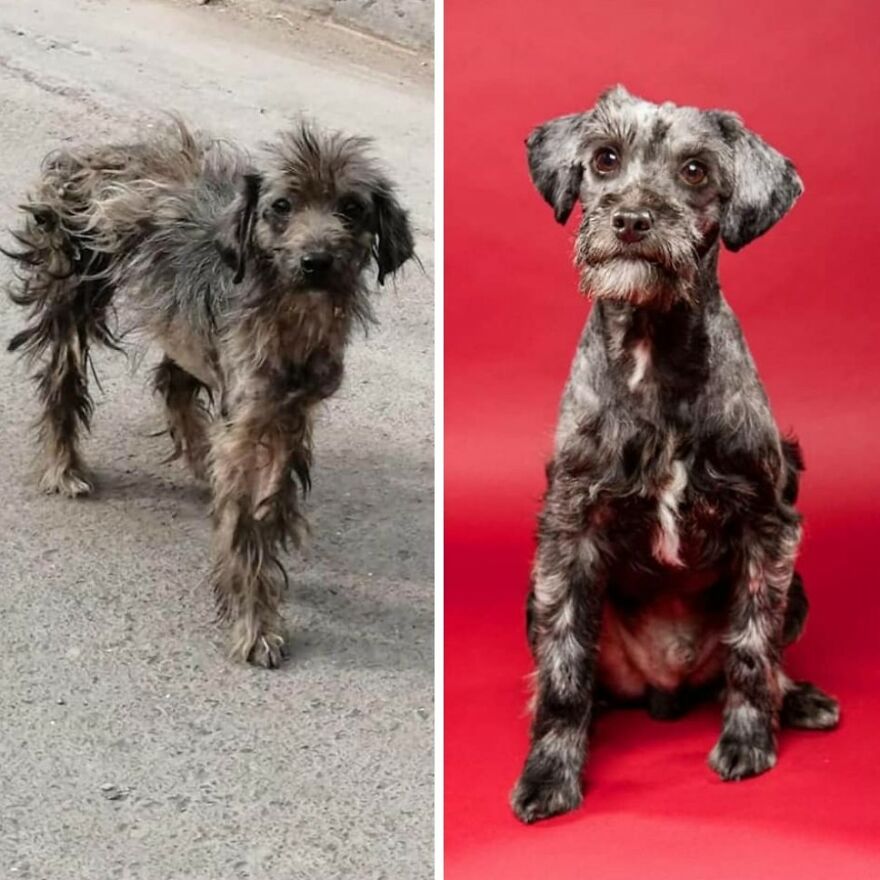
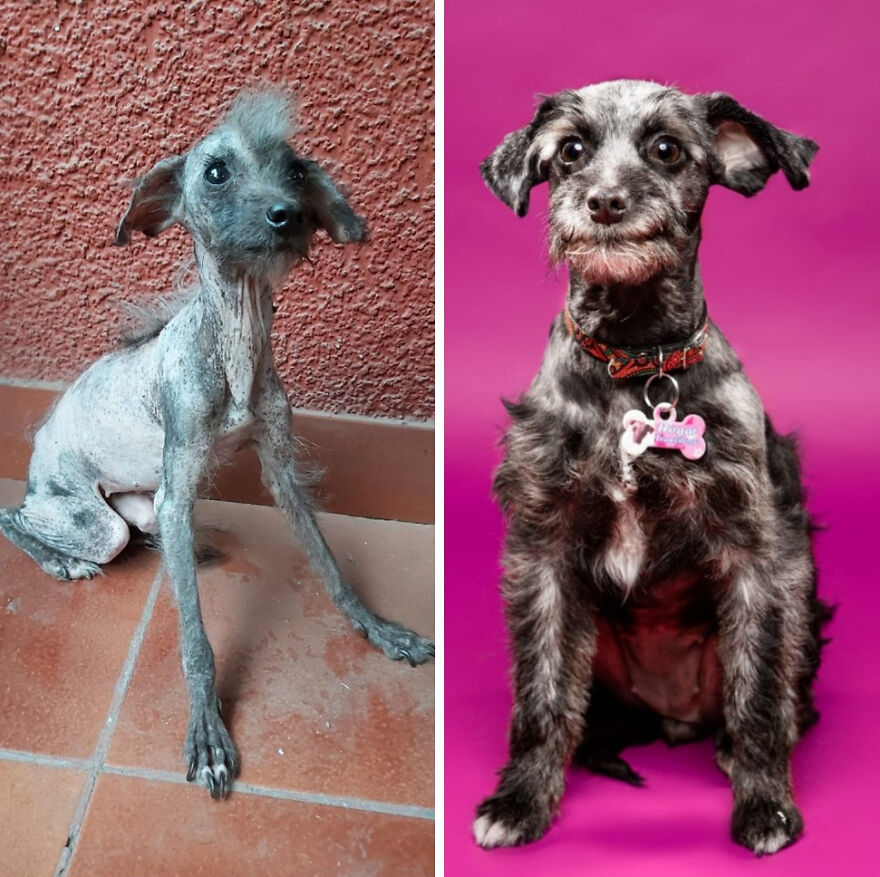
See Also on Bored Panda
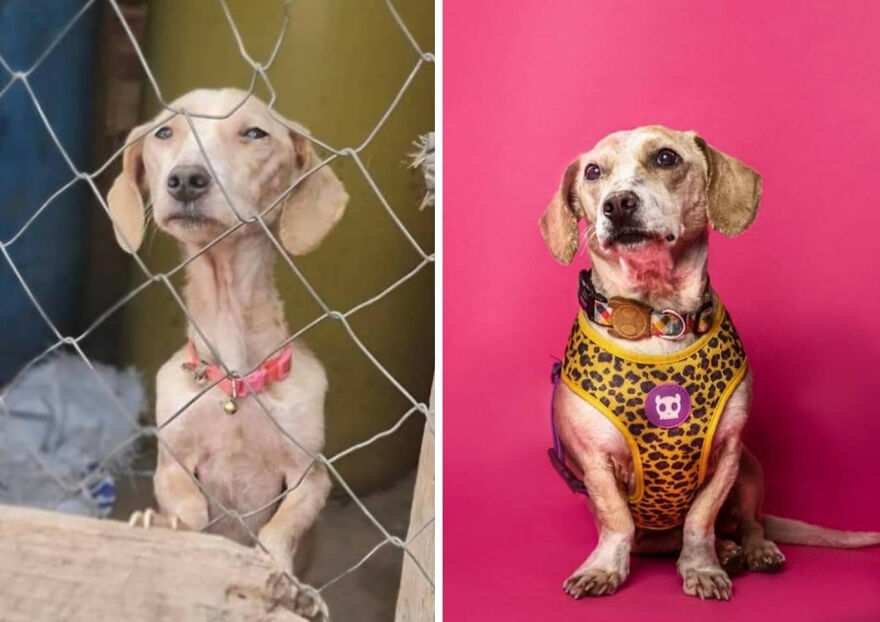
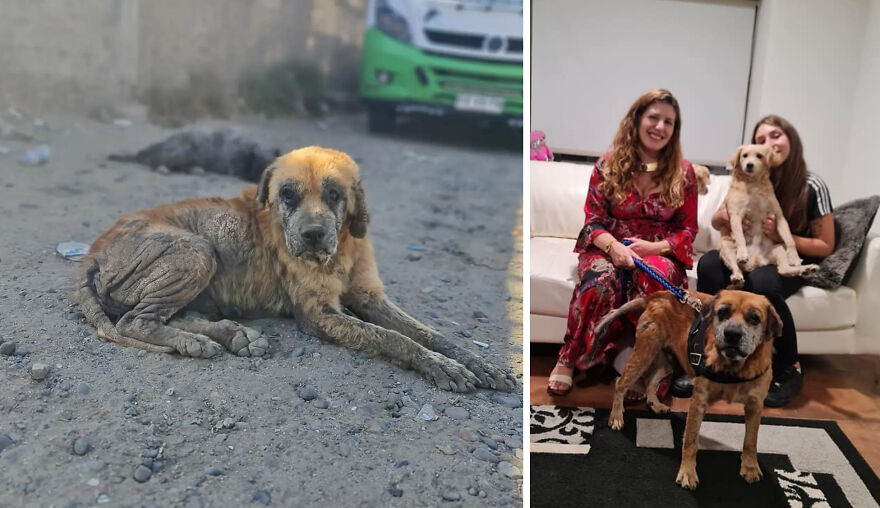
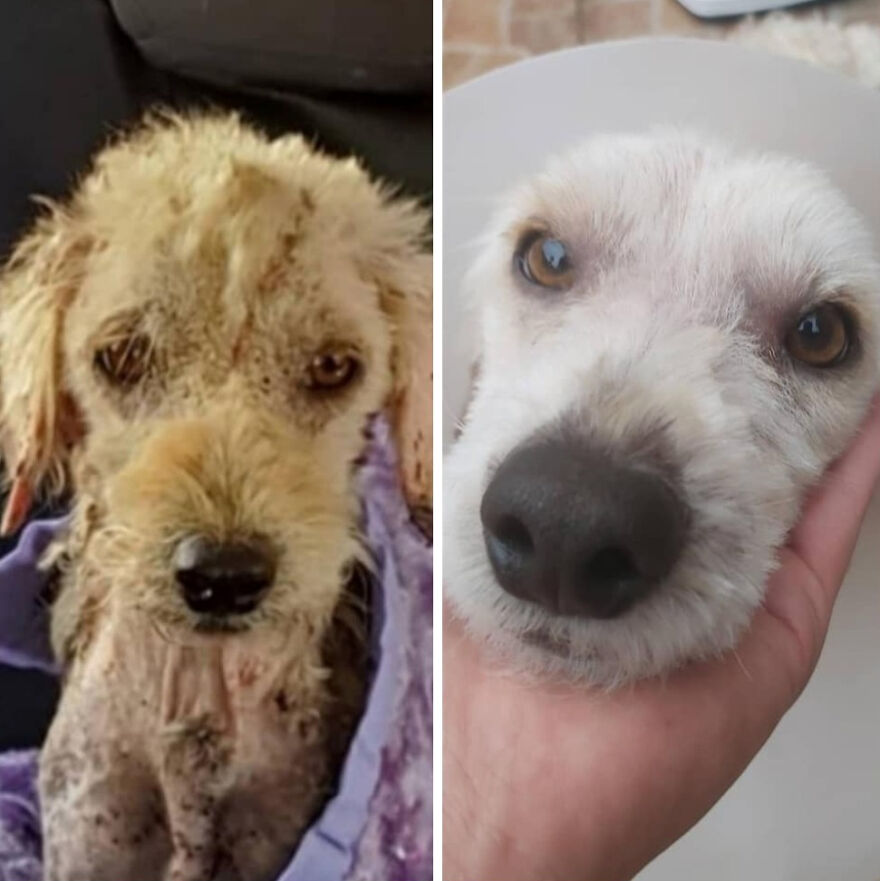
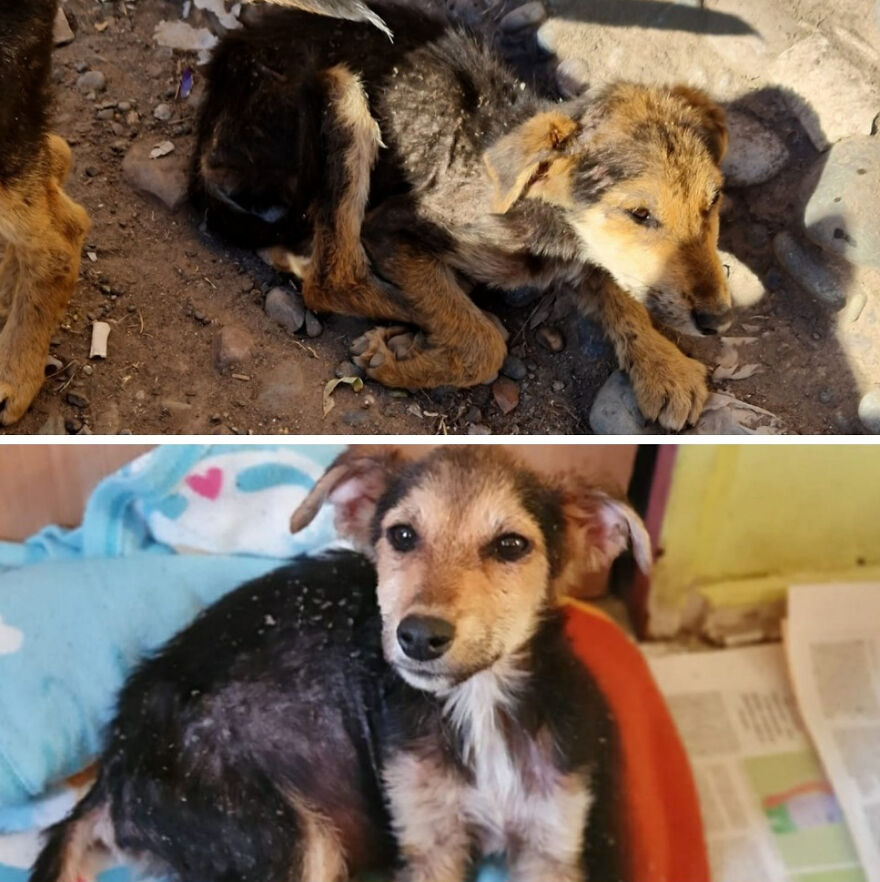
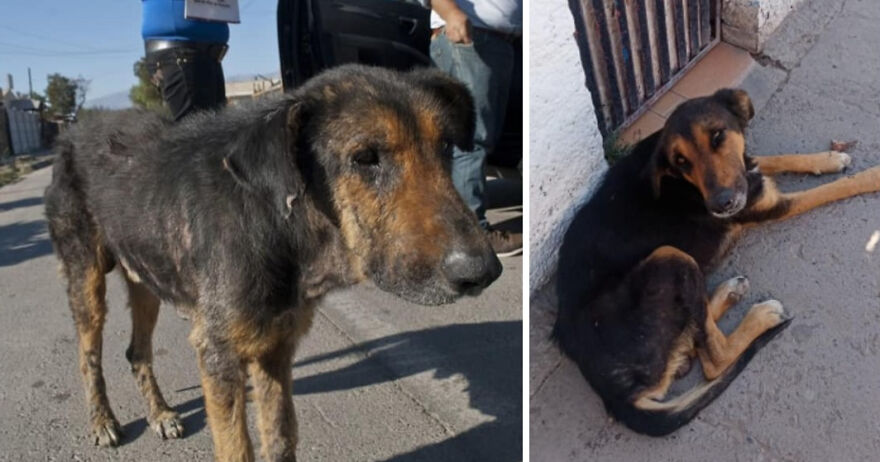
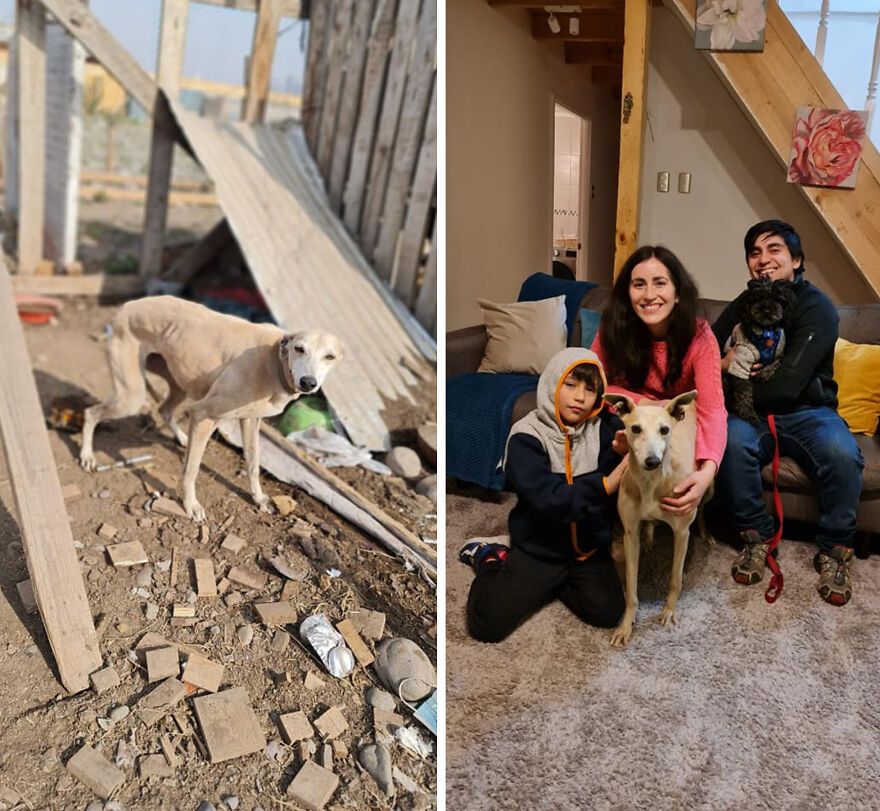
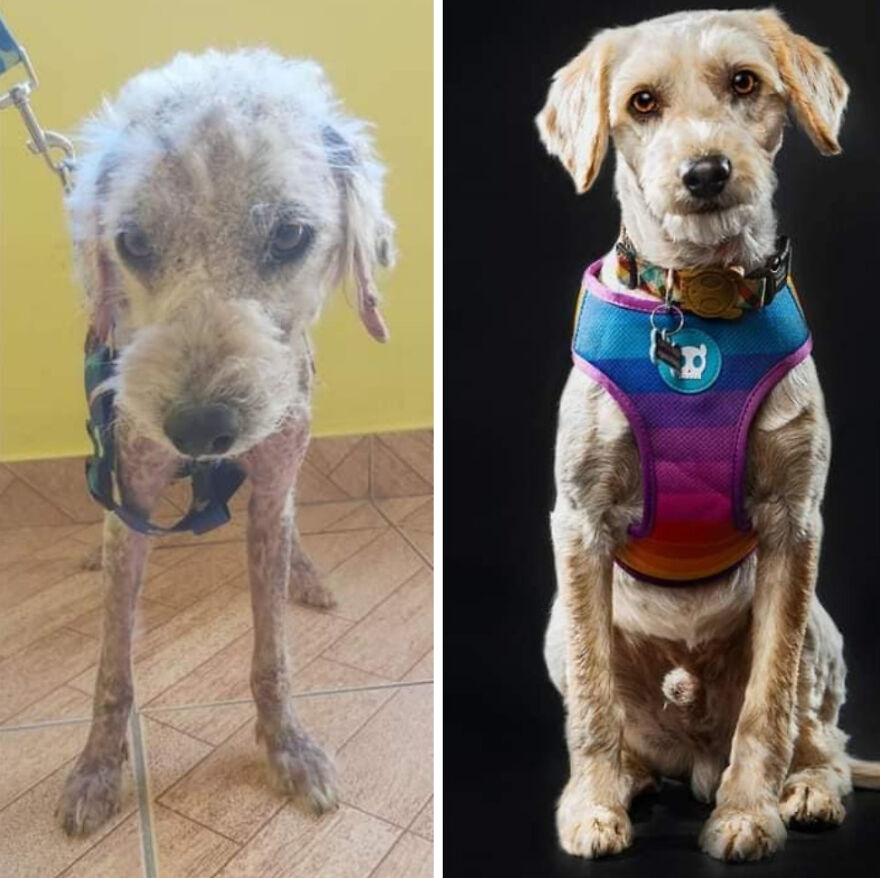
Modal closeAdd New ImageModal closeAdd Your Photo To This ListPlease use high-res photos without watermarksOoops! Your image is too large, maximum file size is 8 MB.Not your original work?Add sourcePublish
Modal close
Add New ImageModal closeAdd Your Photo To This ListPlease use high-res photos without watermarksOoops! Your image is too large, maximum file size is 8 MB.Not your original work?Add sourcePublish
Modal closeAdd Your Photo To This ListPlease use high-res photos without watermarksOoops! Your image is too large, maximum file size is 8 MB.Not your original work?Add sourcePublish
Add Your Photo To This ListPlease use high-res photos without watermarksOoops! Your image is too large, maximum file size is 8 MB.
Add Your Photo To This List
Please use high-res photos without watermarks
Ooops! Your image is too large, maximum file size is 8 MB.
Not your original work?Add source
Modal closeModal closeOoops! Your image is too large, maximum file size is 8 MB.UploadUploadError occurred when generating embed. Please check link and try again.TwitterRender conversationUse html versionGenerate not embedded versionAdd watermarkInstagramShow Image OnlyHide CaptionCropAdd watermarkFacebookShow Image OnlyAdd watermarkChangeSourceTitleUpdateAdd Image
Modal closeOoops! Your image is too large, maximum file size is 8 MB.UploadUploadError occurred when generating embed. Please check link and try again.TwitterRender conversationUse html versionGenerate not embedded versionAdd watermarkInstagramShow Image OnlyHide CaptionCropAdd watermarkFacebookShow Image OnlyAdd watermarkChangeSourceTitleUpdateAdd Image
Upload
UploadError occurred when generating embed. Please check link and try again.TwitterRender conversationUse html versionGenerate not embedded versionAdd watermarkInstagramShow Image OnlyHide CaptionCropAdd watermarkFacebookShow Image OnlyAdd watermark
Error occurred when generating embed. Please check link and try again.
TwitterRender conversationUse html versionGenerate not embedded versionAdd watermark
InstagramShow Image OnlyHide CaptionCropAdd watermark
FacebookShow Image OnlyAdd watermark
ChangeSourceTitle
Justinas Keturka
Eligijus Sinkunas
Animals